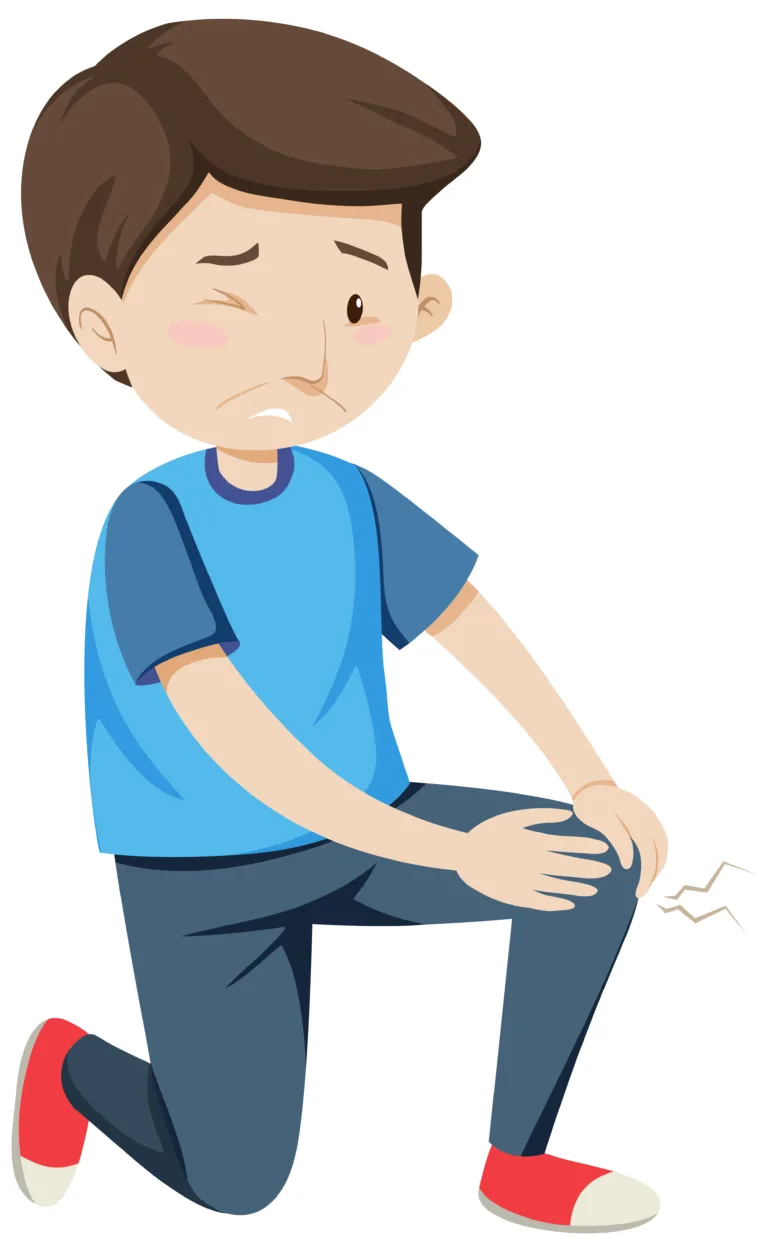Common issues in pediatric sports medicine
Pediatric sports medicine is a medical field that focuses on treating and preventing sports-related injuries and conditions in children and adolescents. This specialty also addresses issues related to physical fitness and the promotion of a healthy lifestyle among young athletes. Here are some common issues treated by pediatric sports medicine specialists:
- Overuse Injuries: These injuries occur due to repetitive stress on tendons, bones, and joints without adequate time for healing. Common examples include:
- Little League elbow or shoulder: A condition found in young baseball pitchers.
- Osgood-Schlatter disease: Knee pain related to growth spurts.
- Sever’s disease: Heel pain in growing children.
- Acute Injuries: These are sudden injuries that occur during physical activity. Examples include:
- Sprains and Strains: Injuries to ligaments (sprains) and muscles or tendons (strains).
- Fractures: Bone breaks or cracks, including stress fractures from repetitive stress.
- Concussions: A type of traumatic brain injury commonly seen in contact sports.
- Growth-Related Conditions: As children’s bodies are still growing, they may experience conditions related to growth and development, such as:
- Apophysitis: Inflammation where tendons attach to growing bones.
- Scoliosis: A curvature of the spine that can affect posture and physical performance.
- Nutritional Concerns: Addressing dietary needs specific to young athletes, including issues like hydration, eating disorders, or supplement use.
- Chronic Diseases and Exercise: Managing how chronic conditions like asthma, diabetes, or obesity interact with physical activity and sports participation.
- Rehabilitation: Guiding the rehabilitation process after injury or surgery to ensure safe and effective return to sports.
- Prevention of Injuries: Providing education on proper training techniques, equipment use, and injury prevention strategies.
- Psychological Issues: Addressing the mental aspects of sports participation, including coping with pressure, anxiety, or loss of motivation.
- Heat-Related Illnesses: Preventing and treating conditions like heat exhaustion and heat stroke, especially in sports with high levels of exertion and outdoor exposure.
- Training and Conditioning Advice: Providing guidance on appropriate training regimens, conditioning exercises, and techniques to improve performance and reduce the risk of injury.
Pediatric sports medicine specialists work not only to treat injuries but also to advise young athletes, parents, and coaches on how to maintain optimal health and prevent future injuries. This holistic approach is crucial, given the physical and developmental differences between children and adults. They often collaborate with other healthcare professionals, including pediatricians, orthopedic surgeons, physical therapists, and nutritionists, to provide comprehensive care.
------------From our Sponsors------------








